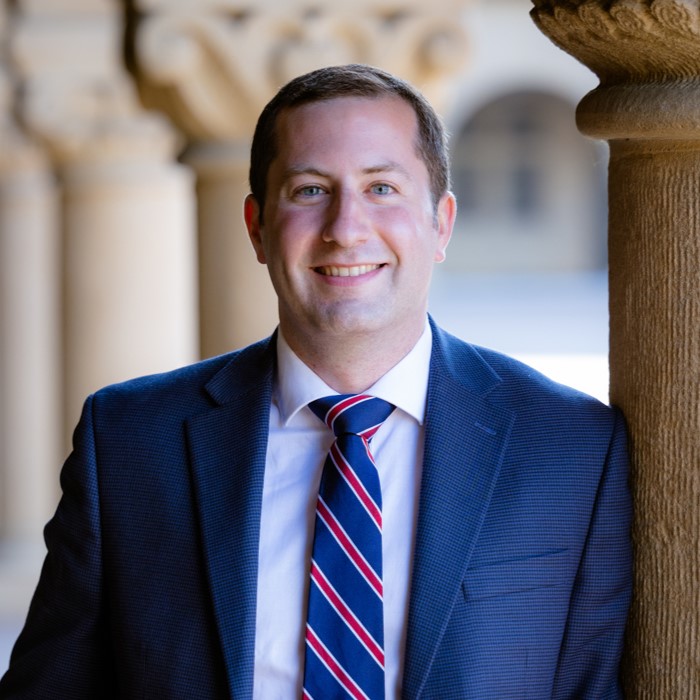 Dr. Benjamin D. Leibowicz (Curriculum Vitae) is an Associate Professor at The University of Texas at Austin, where he holds the endowed Banks McLaurin Fellowship in Engineering. His primary appointment is in the Operations Research and Industrial Engineering graduate program, which is administered through the Walker Department of Mechanical Engineering. Dr. Leibowicz also holds a courtesy appointment in the Lyndon B. Johnson School of Public Affairs and supervises student research in the Energy and Earth Resources graduate program.
Dr. Benjamin D. Leibowicz (Curriculum Vitae) is an Associate Professor at The University of Texas at Austin, where he holds the endowed Banks McLaurin Fellowship in Engineering. His primary appointment is in the Operations Research and Industrial Engineering graduate program, which is administered through the Walker Department of Mechanical Engineering. Dr. Leibowicz also holds a courtesy appointment in the Lyndon B. Johnson School of Public Affairs and supervises student research in the Energy and Earth Resources graduate program.
Dr. Leibowicz uses methods from operations research, systems analysis, and economics to improve decision-making in the energy, natural resources, and the environment domain. Specific application areas that he currently focuses on include energy and environmental policy analysis, energy markets, electricity reliability and resilience, energy sector planning, and carbon capture, utilization, and storage. To learn more about Dr. Leibowicz’s research interests, please see the Research page.
Dr. Leibowicz has published more than 50 peer-reviewed journal articles. His research has been supported by the National Science Foundation, Department of Energy, Department of Defense, Department of Homeland Security, and Alfred P. Sloan Foundation, along with national laboratories and industrial corporations. His writing and research have been featured in the Washington Post, Fortune, USA Today, Bloomberg, The Hill, and other major media outlets.
Dr. Leibowicz is the current President of the INFORMS Section on Energy, Natural Resources, and the Environment (ENRE). He has served as an elected Board Member of both the INFORMS ENRE section and the IISE Energy Systems Division. He also serves on the Editorial Board of Energy Sources, Part B: Economics, Planning, and Policy and on the Steering Committee of the Macro-Energy Systems community.
Prior to joining UT Austin, Dr. Leibowicz received both PhD and MS degrees in Management Science and Engineering from Stanford University, and earned a BA in Physics with a minor in Economics from Harvard University. While working toward his PhD, he was a research fellow in the Energy and Transitions to New Technologies programs at the International Institute for Applied Systems Analysis.